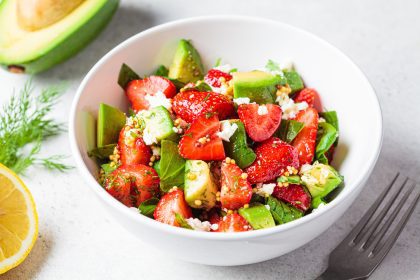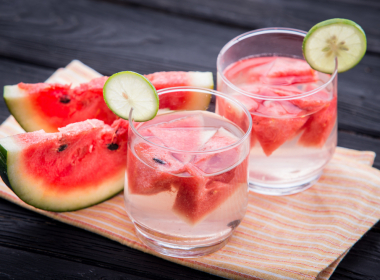Remember when everyone said eggs would kill you and juice cleanses would save you? Turns out pretty much everything we thought we knew about nutrition was totally wrong. Here’s the real deal about what you should and shouldn’t be eating, according to actual science.
The egg myth that had us all fooled
For years, everyone and their grandmother swore that eating eggs would send you straight to the cardiac unit. The whole panic started back in 1968 when the American Heart Association dropped their egg bombshell, and suddenly everyone was tossing their yolks in the trash. Plot twist, the eggs weren’t the bad guys after all.
Modern science has completely flipped the script on this one. Eggs are actually nutrition powerhouses packed with protein, vitamins A, B, and D, plus those fancy omega-3 fatty acids everyone’s obsessed with. The real villains? Saturated and trans fats. The National Institutes of Health has even given eggs their stamp of approval, confirming they won’t send you to an early grave.
The juice cleanse scam that emptied your wallet
If you’ve ever tortured yourself with a juice cleanse thinking you were “detoxifying” your body, we’ve got some news for you. That green juice might make for a cute Instagram post, but it’s doing exactly zero detoxing. Your body already has a built-in detox system called your liver and kidneys, and they’re doing just fine without that $12 kale juice.
What’s worse, those trendy juices are often sugar bombs in disguise. While they might contain fruits and veggies, they’re missing the crucial fiber that makes whole foods so good for you. Save your money and your sanity, keep eating real food.
The soy scare that wasn’t scary at all
The rumor mill really did a number on soy, especially when it comes to breast cancer fears. Early studies had everyone thinking tofu was the enemy, but here’s the real deal, there’s absolutely no evidence that eating soy increases breast cancer risk in humans.
In fact, the American Cancer Society is totally team soy, saying it’s perfectly fine as part of a healthy diet. Those scary studies everyone keeps talking about? They were done in labs under conditions that have nothing to do with how actual humans eat soy foods.
The fresh produce myth that’s costing you money
Everyone thinks they need to drop half their paycheck on fresh organic produce to be healthy, but guess what? Frozen fruits and vegetables can be just as nutritious, if not more so. Why? Because they’re frozen at peak ripeness, locking in all those sweet, sweet nutrients.
So next time you’re feeling guilty about buying frozen berries instead of fresh ones, remember that you’re probably getting more nutritional bang for your buck. Just watch out for added sugars and sodium in some frozen and canned options.
The gluten-free confusion that’s still going strong
Thanks to celebrity diet trends, half the world thinks going gluten-free will give them superpower abs. Unless you have celiac disease or gluten sensitivity, you’re probably just making your life harder and your wallet lighter for no reason.
The truth is, many gluten-free products are actually less healthy than their regular counterparts. They often pack in extra sugar and fat to make up for the missing gluten, while skimping on fiber and nutrients. Plus, they usually cost more. Talk about a lose-lose situation.
What this means for your daily life
Let’s be real, nutrition science can be confusing. It seems like every week there’s a new study contradicting everything we thought we knew. But here’s the simple truth: most traditional food fears are based on outdated or misinterpreted science.
The bottom line your doctor wishes you knew
The best diet advice hasn’t changed much over the years: eat a variety of whole foods, don’t stress too much about any single ingredient, and definitely don’t fall for expensive food trends promising miracle results.
What real experts want you to know
Nutritionists and scientists have been trying to tell us for years that many of our food fears are unfounded. The problem is, sensational headlines about food dangers tend to spread faster than careful, evidence-based research.
How to actually eat healthy
Instead of following the latest food fads or avoiding certain foods because of outdated myths, focus on building a balanced diet that includes a variety of foods you actually enjoy eating. Yes, it’s that simple.
Moving forward with better food choices
Now that you know the truth about these common nutrition myths, you can stop wasting time and money on unnecessary dietary restrictions and focus on what really matters: enjoying a balanced, sustainable diet that actually makes sense.
















